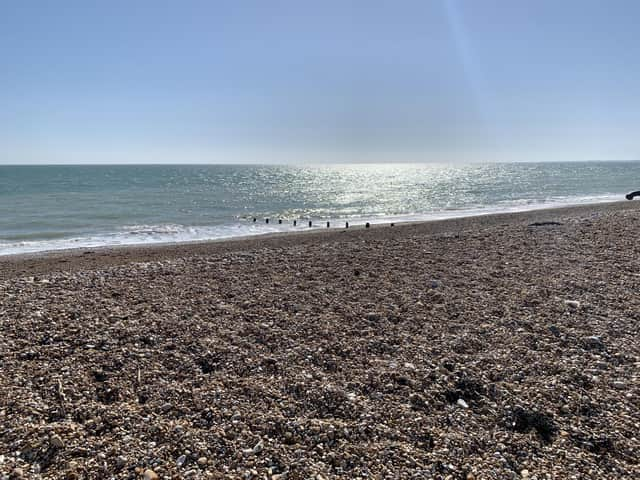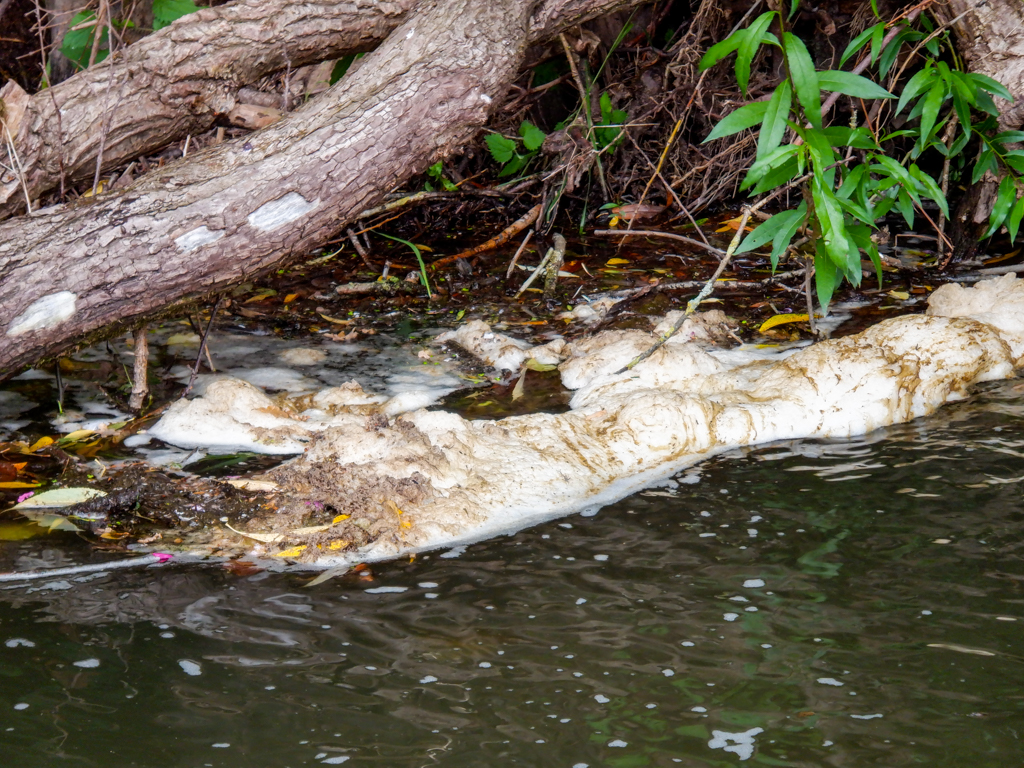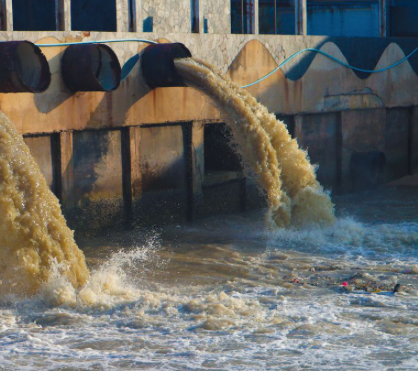Time’s up for the mismanagement of the UK’s most precious resource – our rivers and coastal waters
For years, the UK’s management of its rivers and coastal waters has been deteriorating at a greater pace than we have seen since the Industrial Revolution and has never been fit for purpose. With the pace of deterioration of our water quality accelerating at a truly alarming pace, we need an urgent, coordinated and comprehensive national review, driving prompt action including law changes to force improvements by our water companies, business and agriculture.
In this new series, Save the Planet lays down its manifesto for change – a “carrot and stick” approach of strengthening regulations with punitive penalties for failure, yet actively promoting and rewarding sustainable initiatives for a better future.
There are several pragmatic and effective measures that the UK could take to fix the high levels of contamination and pollution of its rivers and inland coastal waters. These include:
Strengthening regulations: To reduce pollution levels in rivers and inland coastal waters, the UK government must strengthen existing regulations or enact new ones. Setting even stricter limits on pollutant discharge from industrial and agricultural activities, for example.
Increasing monitoring: The government must conduct more extensive monitoring of water quality in rivers and inland coastal waters in order to identify pollution hotspots and take action to address them, including the use of new technologies such as sensors to monitor water quality in real time.
Promoting sustainable agriculture: Agricultural activities are a major source of pollution in rivers and inland coastal waters. The government should increase its promotion of sustainable agriculture practices that reduce fertiliser and pesticide use, as well as encourage farmers to adopt more environmentally friendly practices.
Encouraging public participation: The government must encourage the public to participate in efforts to reduce pollution in rivers and inland coastal waters. This will include campaigns to raise awareness of the issue and encourage people to report pollution incidents.
Investing in infrastructure: To improve the quality of water in rivers and inland coastal waters, the government must expand infrastructure such as water treatment plants. This will include upgrading existing infrastructure or constructing new facilities in underserved areas.
Collaborating with stakeholders: The government must collaborate with stakeholders such as industry, agriculture, and environmental groups to develop solutions to reduce pollution in rivers and inland coastal waters – working together to develop and implement best practices for reducing pollution.
Overall, a comprehensive approach that combines legislative measures, increased monitoring, sustainable practices, public participation, infrastructure investments, and stakeholder collaboration is needed to fix the high levels of contamination and pollution in Britain’s rivers and inland coastal waters.



